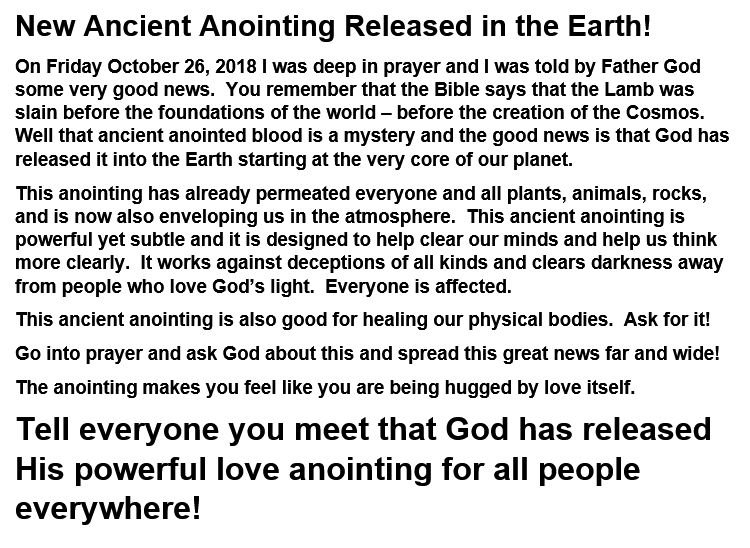Since I affirm the truth of Scripture, I believe that there are objective truths about what is just; and I believe that those truths should be reflected in our own political institutions.
In 1919, our political institutions didn’t allow women to vote in federal elections. That was the law.












